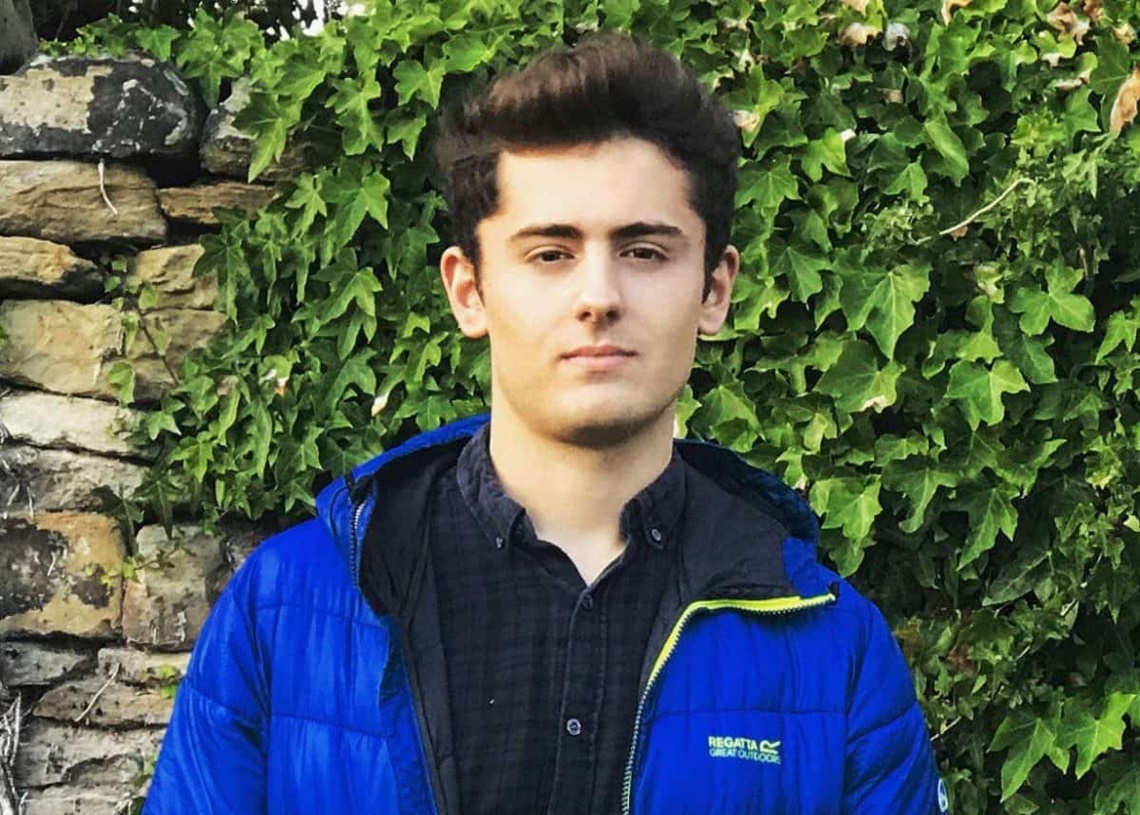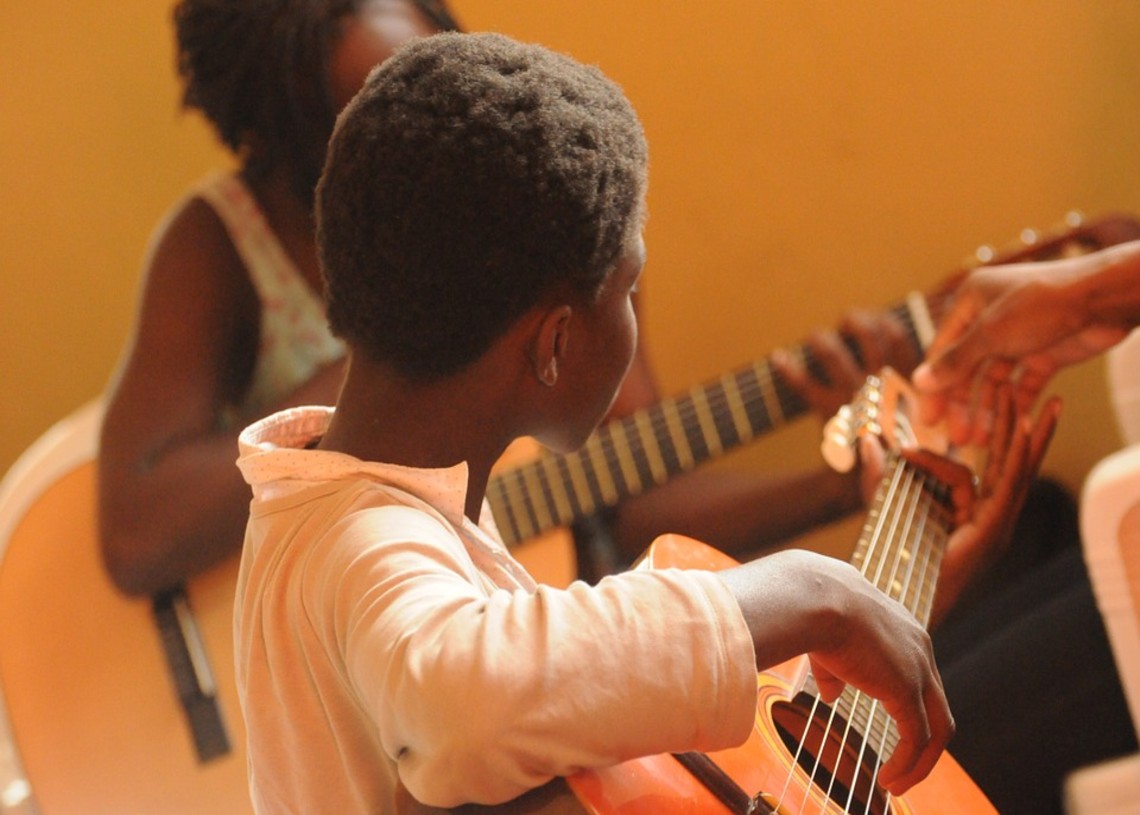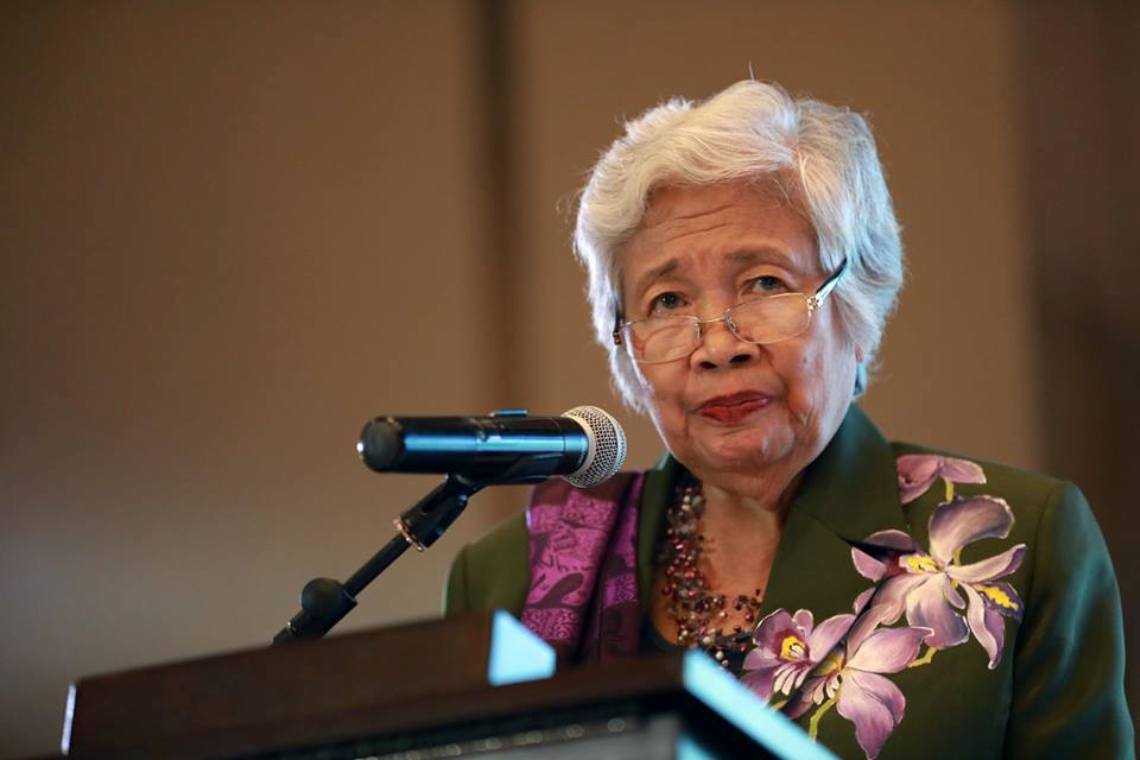An Oxford graduate has launched a nationwide program to help the most academically able disadvantaged kids gain admissions in some of the UK’s top universities.
At age 22, when most kids are either coping with idleness or are extremely busy weighing career options, Joe Seddon is a modern-age social entrepreneur. He helps UK’s aspiring yet disadvantaged kids gain access to prestigious universities such as Oxford and Cambridge without them having to pay an additional dime.
With leftover £200 from his student loan, Seddon, much like any other kid of his age, had plans to spend it on fun night outs and cocktail bars when he graduated from Oxford University with flying colors. However, what set him apart from the rest of the youth was that he, instead, chose to aid young disadvantaged kids.
Preparing disadvantaged kids for the future
Today, with the support of 1,000 other volunteers, who willingly chose to mentor these disadvantaged kids, Seddon launched a mentoring scheme called Zero Gravity. With this initiative, he plans to guide and prepare ambitious year 12 students, who belong to low-income groups or unsatisfactory housing, for higher education in acclaimed unis.
Seddon’s initiative goes far beyond the conventional outreach programs that focus solely on the admission stage and help students procure admissions. Zero Gravity will allot a dedicated mentor to each underprivileged student who will be the guiding light throughout his or her transition stage.
And although we have seen several visionary educational leaders in the past, what makes Joe so incredibly appealing to today’s youth is that he has been able to adequately generalize teens in a way that makes sense, not just to those who label the youth culture, but also to teens themselves.
Underprivileged does not mean unambitious
According to Seddon, disadvantaged kids are deprived of their chance to receive quality education merely because of socio-economic constraints. Without a laptop or a necessary internet connection, how are they supposed to compete with the rest of the society who gets access to all the high-end electronic gadgets and resources at the drop of a hat?
The coronavirus pandemic has only exacerbated the situation as they have no means to access resources from public libraries or their friends’ computers. As Seddon puts it,
“If I were in their shoes right now, I’d be unusually stressed about my chances at the top unis.”
However, they don’t see themselves as victims of unfair regulations in the public education system, he adds. So, organizations need to realize that they aren’t doing a charity but merely helping them channel their voice and their ambition.
As a result, his project thrives on hard work and inclusivity as disadvantaged kids, contrary to the popular notion, take pride in where they come from and what they have achieved in life despite the challenging circumstances. Ultimately, it’s not who you are but who you want to be that makes all the difference.
Joe’s success story and what makes him click with the youth
And that’s probably the real reason for Joe’s success – the soul behind the motivation, not greed for profit. Education is what you become on the way to getting educated. Take it from those who practice diligence and charity to others despite their own lack of resources. Joe and others like him know how to expand themselves through a community of believers.
Horace Mann, the father of the common school, said
Education is the great equalizer of the conditions of men.
and it deserves significant public investment at the local, state, and national levels.
Mann passionately contended that education is the bedrock of democracy. It should be “universal, nonsectarian, free, and its aims should be social efficiency, civic virtue, and character, rather than mere learning or the advancement of sectarian ends.”
How COVID-19 reshapes the future of education
Yet there are those who believe that test scores will make the nation strong, and those scores can be improved by drill and driven by punishments, regardless of the vast differences in student circumstances.
It’s a soulless enterprise given the current circumstances where large swaths of student community across the globe are battling a far more severe and consequential crisis of their lives – mental health disorders amid unceasing lockdowns.
Mitch Rankin, English Forward co-founder, was saddened particularly by the school reopening issues in the UK where the welfare of the teachers and students hangs by a thread given the lack of government support and their unsatisfactory guidelines for class resumptions.
Like Joe, Mitch is building up a global initiative to reach out to disadvantaged kids, not only in South Africa (where he is) but all over the world through English Forward on the blockchain. He firmly believes that COVID-19 reinforces the need for connectivity and that it is, in fact, the only constituent that keeps us informed, employed, and within the norms of the society, especially when the going gets tough.
In the end, here’s a word of encouragement to those who are rethinking their higher education plans – it doesn’t matter whether you are among the socially advantaged or disadvantaged kids,
If you are not willing to learn, no one can help you. If you are determined to learn, no one can stop you. – Zig Ziglar
Featured Image by The London Economic







